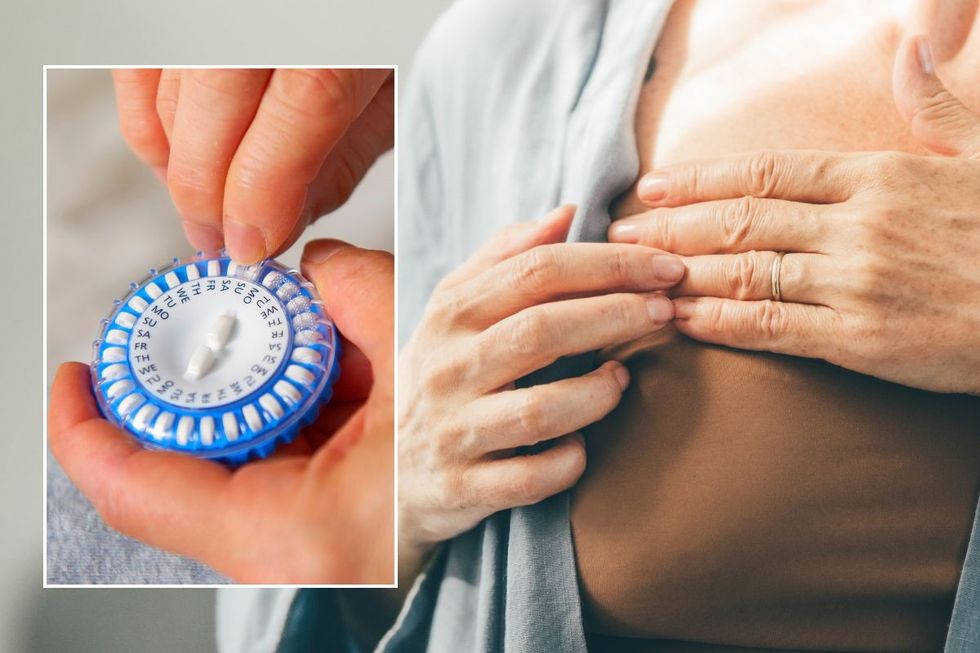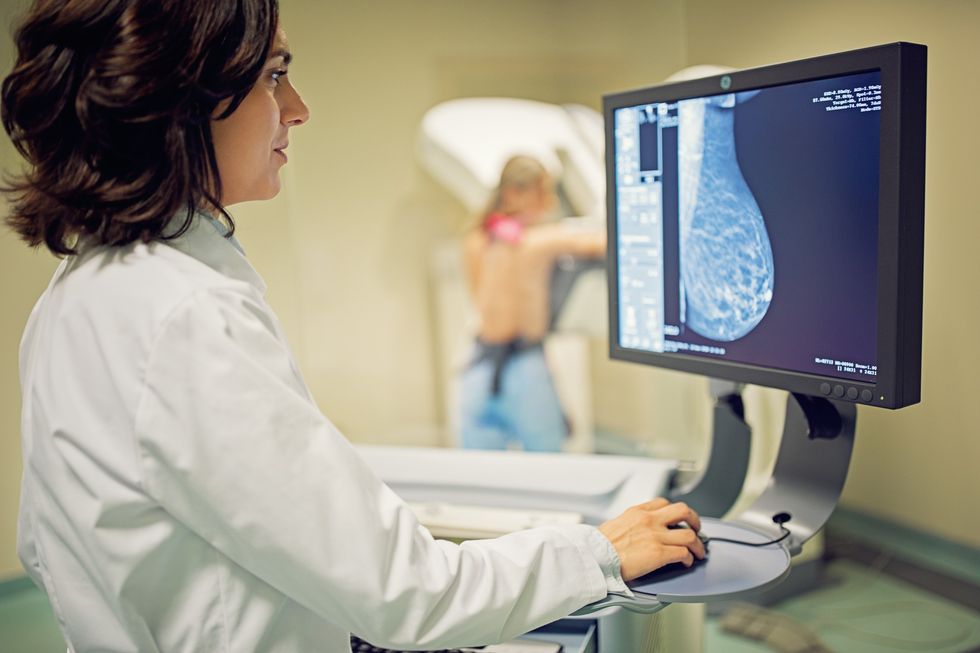Younger women on HRT face heightened breast cancer risk, warn scientists

GBN

The risk may vary by age at first use, duration of use, gynaecological surgery status, and other factors
Don't Miss
Most Read
A major international study has revealed that different forms of hormone replacement therapy carry varying breast cancer risks for women under 55.
The research found that oestrogen-only HRT appears to reduce breast cancer risk by 14 per cent, whilst combined oestrogen and progestin therapy increases risk by 10 per cent.
The meta-analysis, published in The Lancet Oncology, examined data from nearly 460,000 women aged 16 to 54.
The findings suggest particular concern when combined therapy is used for more than two years, offering crucial guidance for younger women considering HRT for various medical reasons.

The findings offer crucial guidance for younger women considering HRT
|GETTY
Researchers from the National Institute of Environmental Health Sciences in the US conducted the analysis to explore hormone therapy risks specifically in younger women. Previous studies had primarily focused on post-menopausal women.
Of the 459,476 women studied, 8,455 developed young-onset breast cancer before age 55.
Fifteen per cent of participants reported using hormone therapy, with oestrogen plus progestin and oestrogen-only being the most common types.
The authors noted that "the strength of these associations might vary by age at first use, duration of use, gynaecological surgery status, and other factors".
They emphasised that their findings could help develop clinical recommendations for younger women, "for whom guidance was previously scarce".
Dr Kotryna Temcinaite, head of research communications at Breast Cancer Now, commented that the study provides valuable insights for women under 55.
She said: "It found that oestrogen-only therapy was linked to a lower risk, while combined oestrogen and progesterone therapy was associated with a small increase in risk of developing breast cancer in some women particularly when used for more than two years or in women who hadn't undergone surgery to remove their uterus or both ovaries."
Dr Temcinaite emphasised that "for most people, the risk of developing breast cancer because of taking HRT is small and is outweighed by the benefits".
She noted that the findings align with existing knowledge about HRT and breast cancer risk, stating: "The risk is higher the longer you take it, and the risk is higher with combined HRT compared to oestrogen-only HRT."
Dr Temcinaite stressed that taking HRT remains a personal decision requiring proper information and medical consultation.
"Taking HRT is a very personal decision and, as such, it's vital that everyone has the information they need on the benefits and risks, discusses them with their GP or specialist team and is supported to make the choice that's right for them," she said.
Women with concerns can contact Breast Cancer Now's free helpline on 0808 800 6000.
LATEST DEVELOPMENTS

Women who have had breast cancer will usually be advised not to take HRT
|GETTY
The NHS notes that patients who have had breast cancer will usually be advised not to take HRT.
"The increased risk is low: there are around 5 extra cases of breast cancer in every 1,000 women who take combined HRT for 5 years," notes the health body.
"The risk increases the longer you take it, and the older you are. It falls again after you stop taking it.
"There is little or no increase in the risk of breast cancer from oestrogen-only HRT, which you can take if you've had a hysterectomy to remove your womb."










